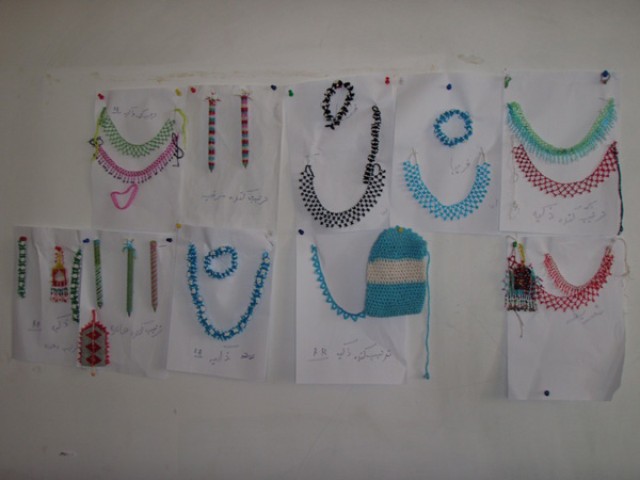
Kapisa Provincial Reconstruction Team's female engagement team met with the director of the Kapisa Women's Shelter to assess the needs of the shelter and the local women, Aug. 29.
The team, lead by U.S. Air Force 1st Lt. Amanda Huffman of Fresno, Calif., inspected the living quarters and classroom.
"I really enjoyed seeing the positive effects that a PRT project had on the women in this community. Continuing to support programs like this should be our top priority," said Huffman.
Built in 2008 by the PRT, the shelter provides services to 12 resident women and four children daily and is designed to be a place of refuge for local women. Few men at all, and no western men, are allowed inside and photography is prohibited.
"These women are like my family, when they cry, I cry. They are like my children. That is why I take good care of them," said the director, Azima Kohistani.
Because divorce and separation are not accepted in the Afghan culture, an increasing number of women seek asylum at facilities like this one, leaving their husbands or arranged marriages to save their children from abusive or opium-addicted fathers. In an effort to reunite families and ease tensions within the community, the shelter offers marriage counseling and, with the PRT's assistance, is working toward providing substance abuse and drug education classes.
Kohistani went on to explain a major issue facing local families is opium addiction. "As an example, we had a woman come in and complain that her husband was addicted to opium, and he wanted to addict their 16-year-old son," she said. "We can't cure the family without curing the father."
The shelter is interested in creating an addiction center to combat the opium problem in the area. Funded primarily by the local government, the shelter raises additional money through the sale of beaded jewelry created in the classroom by the women and children who call it home.
The PRT supports projects like this to enable the government to care for, educate, employ and protect their people by providing mentorship and construction of basic infrastructure.

Social Sharing